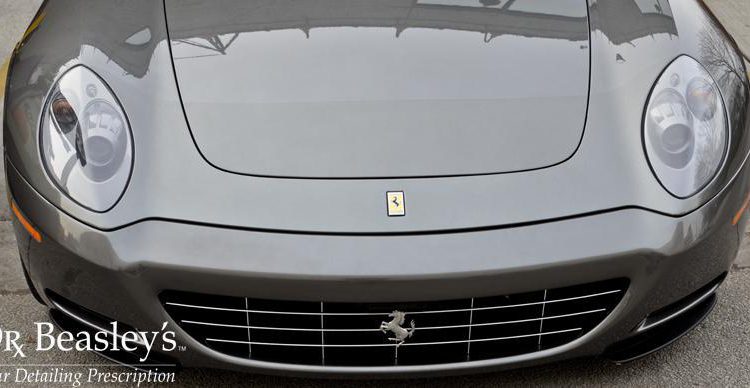
Mashable
Science
Electrified vehicles are still uncommon sightings on most roads today. But in a duo of decades, more than a third of all passenger cars will run on batteries — not on gasoline or diesel, analysts say.
Around five hundred thirty million electrified vehicles could zip calmly along the world’s streets and highways by 2040, Bloomberg Fresh Energy Finance (BNEF) said on Thursday in a fresh report. That’s up from toughly two million electrical cars today.
When it comes to fresh car sales, battery-powered vehicles will make up fifty four percent of the market, compared to just a little fraction now, according to BNEF. The forecast is much more aggressive than 2016’s outlook, which eyed electrified cars accounting for about one-third of fresh sales by 2040.
“The EV revolution is going to hit the car market even stiffer and swifter than BNEF predicted a year ago,” analysts said Thursday in a press release.
Annual global electrified vehicle sales by market.
Picture: BNEF Electrified Vehicle Outlook 2017
Such a dramatic switch in the global auto market would have phat benefits for the climate — especially as wind turbines and solar panels provide a rising share of the violet wand needed to recharge batteries. If a third of electrical cars are electrical, that’d displace around eight million barrels of transportation fuel per day, BNEF said.
Analysts said their stronger forecast was due to two key reasons.
Very first, automakers are doubling down on commitments to produce electrified passenger cars. Need proof? Look no further than this week’s headlines.
Volvo on Wednesday said that beginning in 2019, all the models it introduces will be either hybrids or powered solely by batteries, making it the very first mainstream automaker to “sound the death knell of the internal combustion engine,” the Fresh York Times reported.
A Volvo plug-in hybrid, on display at the2014 AMI Auto Demonstrate in Leipzig, Germany.
Picture: Jens Schlueter/Getty Pictures
A day later, France’s government announced an ambitious plan to stop all domestic sales of gas- and diesel-powered cars by 2040. Tesla, the electrified automaker led by Elon Musk, announced its mass-market, all-electric Model three would embark rolling off production lines this week.
And 2nd, lithium-ion battery costs are falling much quicker than expected thanks to improving technology and enhanced supply. That means electrified cars will not only be cleaner than petroleum-powered vehicles but also cheaper in most countries — as early as 2025.
“We see a momentous inflection point for the global auto industry in the 2nd half of the 2020s,” Colin McKerracher, BNEF’s lead advanced transport analyst, said in a statement.
The BNEF outlook assumes that current government policies to reduce tailpipe greenhouse gas emissions and promote alternative transportation remain in place, but it doesn’t assume that any fresh policies are introduced. That means the long-term forecast reflects how the passenger vehicle market alone might convert as prices plunge, automakers boost supplies, and consumers grow more comfy with battery-powered options.
Global light-duty vehicle fleet, internal combustion engine (ICE) versus electrical vehicle (EV).
Photo: bnef Electrical vehicle outlook 2017
Still, the electrical vehicle revolution is far from ensured.
Many highway stops, city streets, and garages still aren’t adequately tooled with electrified car-charging equipment. Existing technologies can also take hours to fully charge a battery, compared to just a few minutes with a gasoline tank.
Salim Morsy, lead author of the fresh BNEF report, said the fact that many people still aren’t able to charge at home is a big reason why electrified cars aren’t a fatter share of the global car fleet in the two thousand forty forecast.
“There is a credible path forward for strong EV growth, but much more investment in charging infrastructure is needed globally,” Morsy said.
